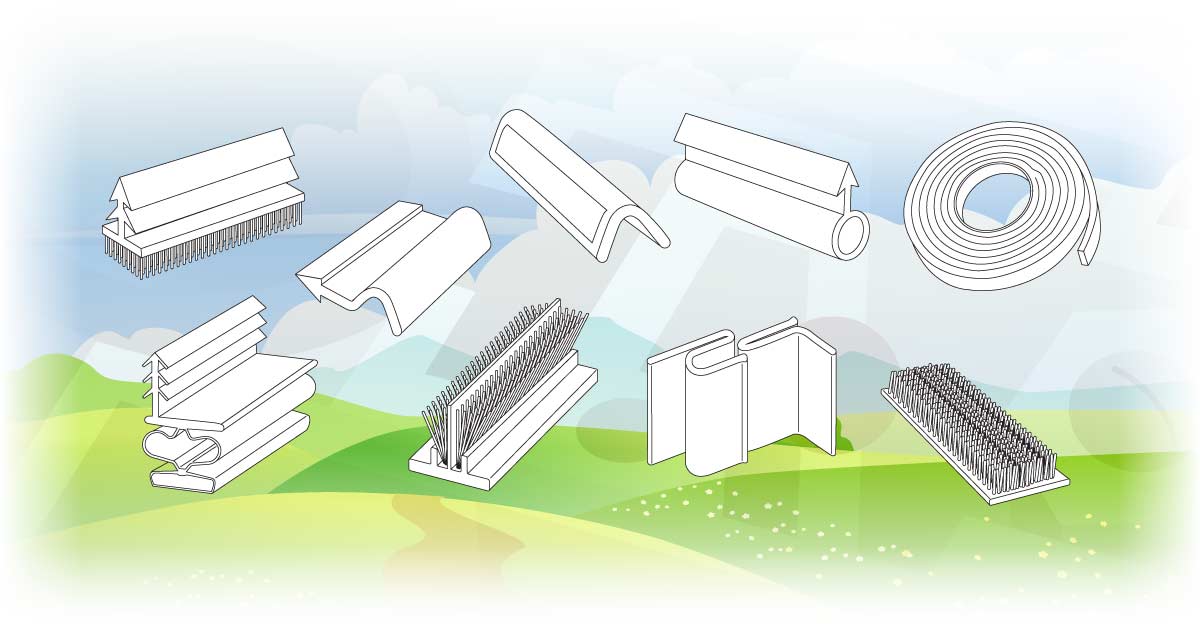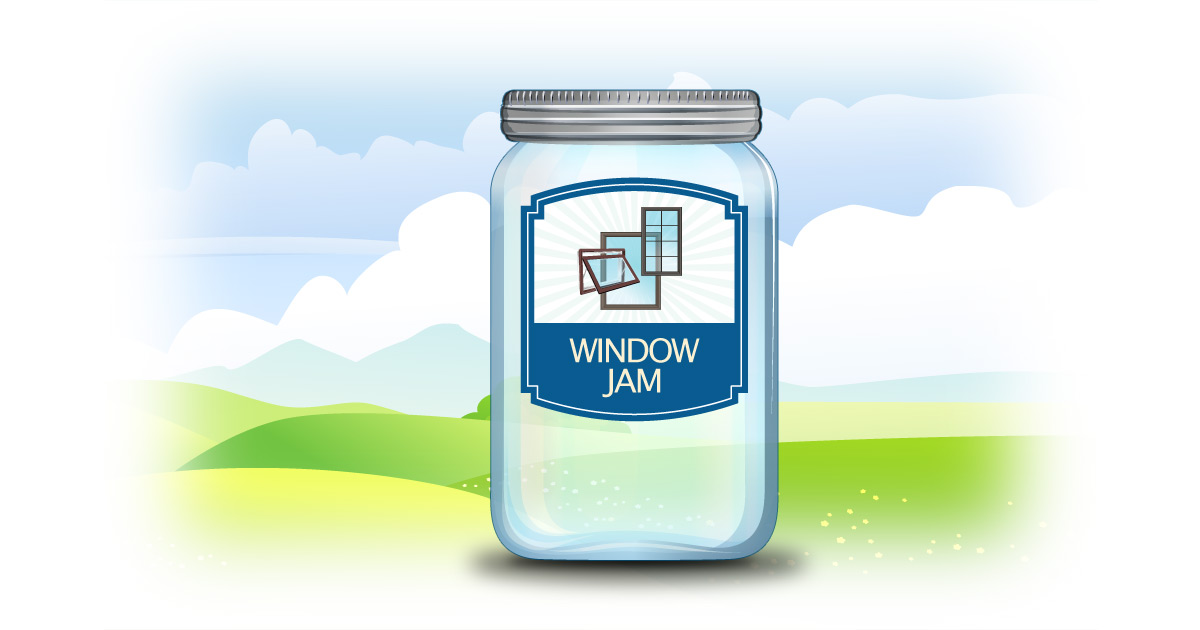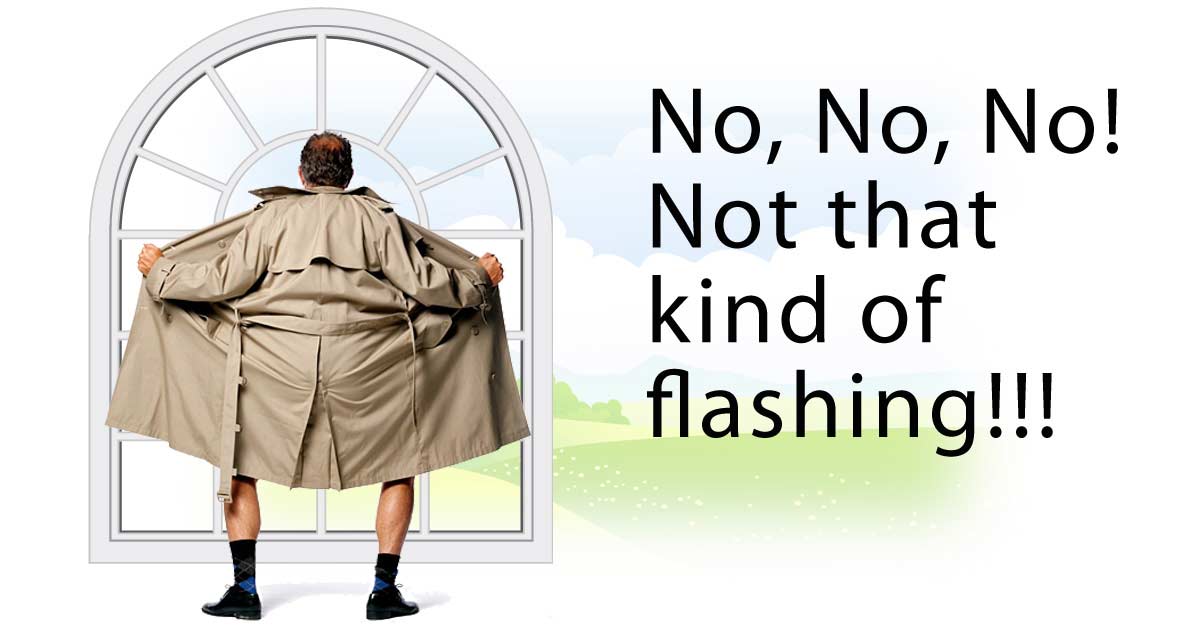Insights > Category > Posted: 2023-Nov-16, Updated: 2025-Jan-15
Terminology Explained
Weatherstripping
Each weatherstripping option holds a trove of unique advantages and considerations, carefully curated to meet your home's demands. It's a quest for the perfect match, bidding farewell to pesky drafts and ushering in the era of weather protection. Most manufacturers will often use more than one type of weatherstripping on a single window or door for maximum protection from the elements.
There are plenty of types and formats of weatherstripping. This blog entry covers some of the more common types:
Pre-installed vs retrofit window weatherstripping solutions
PRE-INSTALLED (built-in)
Pre-installed weatherstripping is seamlessly incorporated into the manufacturing process to ensure effective sealing and insulation right from the start of the window or door's life cycle. Types used include:
- Bulb weatherstripping
- Compression weatherstripping
- Pile weatherstripping
- V-strip weatherstripping
- Adhesive-backed foam strip weatherstripping
- Brush-type weatherstripping
- Interlocking metal weatherstripping
- Fin seal weatherstripping
*RETROFIT (add-on)
Retrofit weatherstripping can be added to older structures to seal gaps and reduce air leakage. Availability and suitability of these options may vary based on window type, size, and personal preferences. Consult professionals or follow manufacturer recommendations for the best retrofit weatherstripping for your windows.
*Sorry Bayview Windows does not provide retrofit weatherstripping services.
Types of weatherstripping
Bulb weatherstripping
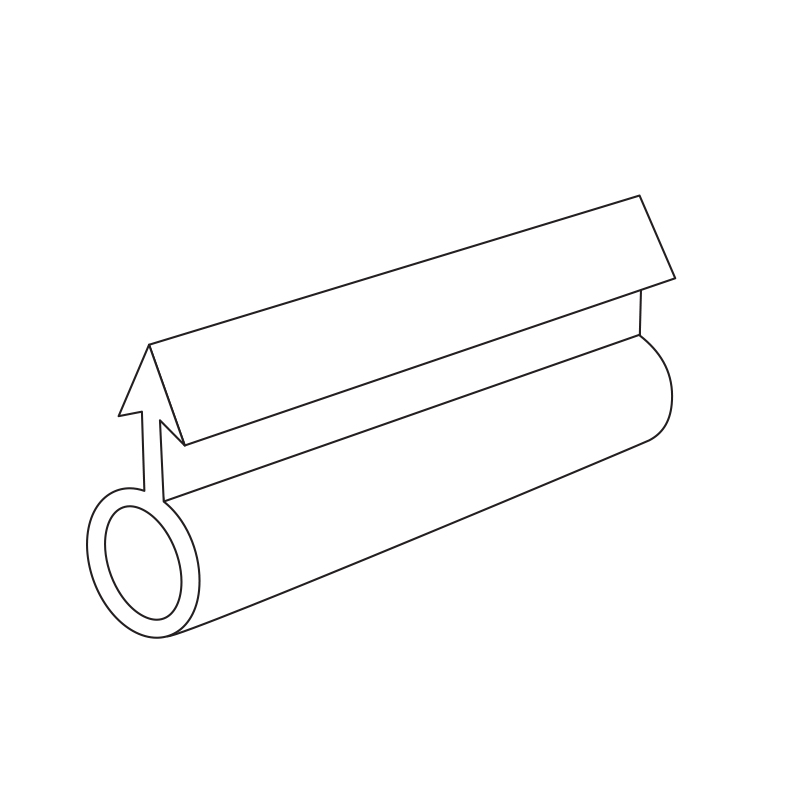
Bulb seal weatherstripping consists of a flexible bulb-shaped section made of rubber or silicone, attached to a base that is mounted on/in the sash or frame. The bulb compresses when the window is closed, forming a seal against drafts and moisture.
Pros:
- Creates a tight and effective seal against drafts and moisture
- Durable and long-lasting
- Can accommodate different sash or frame sizes
- Relatively easy to install
Cons:
- Installation may require more effort and precision
- May affect the smooth operation of sliding windows if not properly installed
Compression weatherstripping
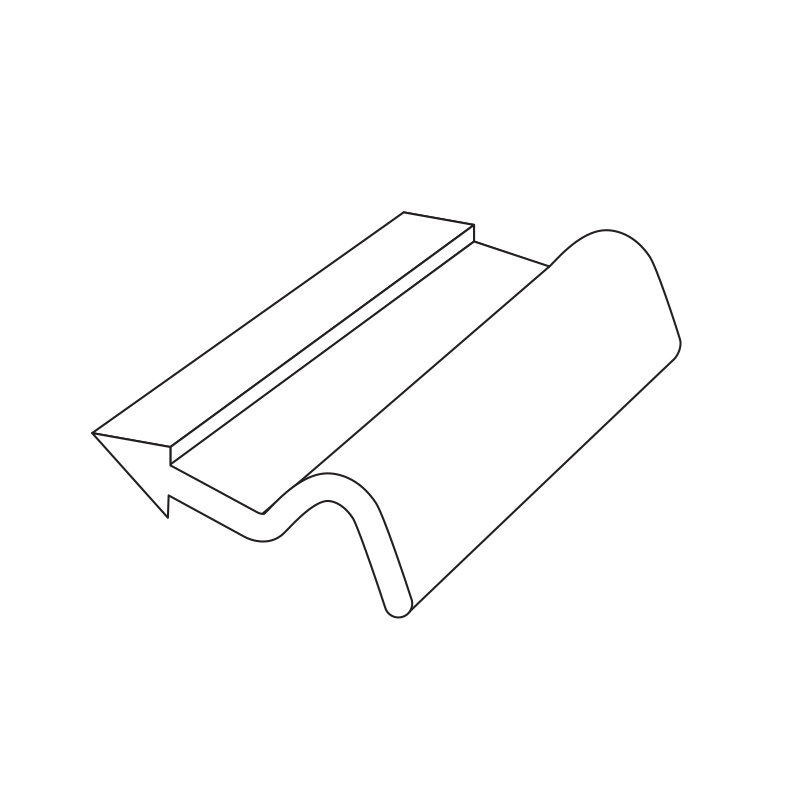
Made of rubber or silicone, compression seals are an effective solution for sealing residential windows. They create a superior tight seal when the window is closed, reducing air infiltration and improving energy efficiency
Pros:
- Excellent sealing properties, reducing drafts and air infiltration
- Durable and long-lasting
- Provides good resistance to moisture, UV rays, and temperature changes
- Sometimes available in various colours and styles to match different window frames
Cons:
- May be more expensive compared to other weatherstripping options
- Some compression seals may cause friction and affect the smooth operation of sliding windows
- Compression seals with harder densities may require more force to close the window
Pile weatherstripping
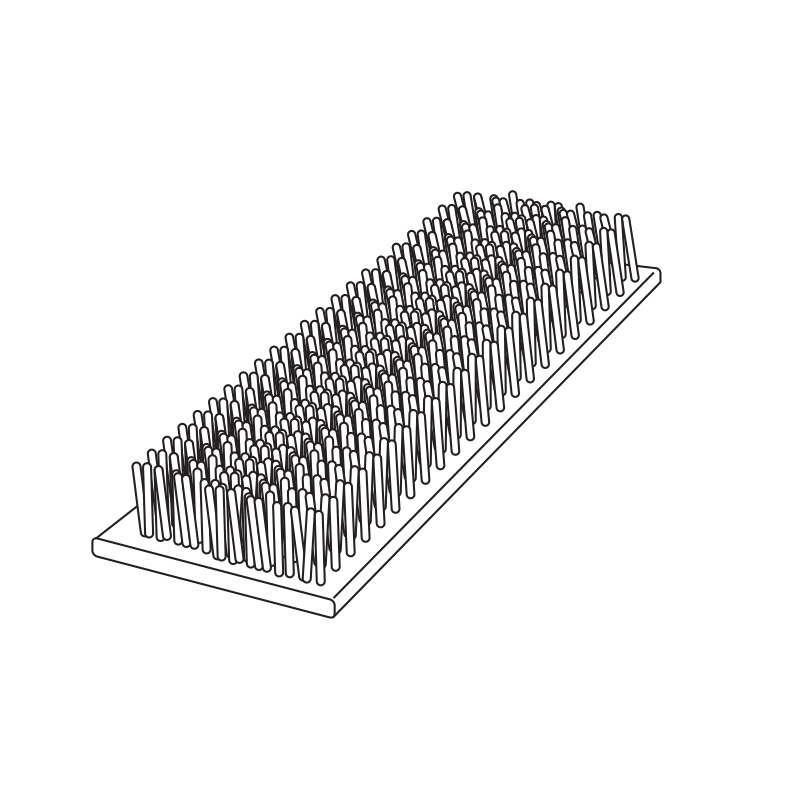
Consists of a strip made of thin fibres, typically nylon or polyester, that are attached to a flexible backing material. The fibers are densely packed together, creating a fuzzy or brush-like surface.
Pros:
- Pile weatherstripping forms a tight seal when compressed, effectively blocking drafts and reducing air leakage
- It can be used in various types of openings, such as sliding windows, casement windows, and sliding doors
- Can accommodate different sash or frame sizes
- Durable and resistant to wear and tear
- Relatively easy to install
Cons:
- Limited effectiveness for large gaps
- May affect the smooth operation of sliding windows if not properly installed
- Can absorb moisture, which may lead to mold or mildew growth over time if not properly maintained
- If damaged or worn out, it may require a complete replacement
- May have a higher upfront cost compared to other types of weatherstripping materials
- May not be as effective as other specialized soundproofing materials
V-strip weatherstripping
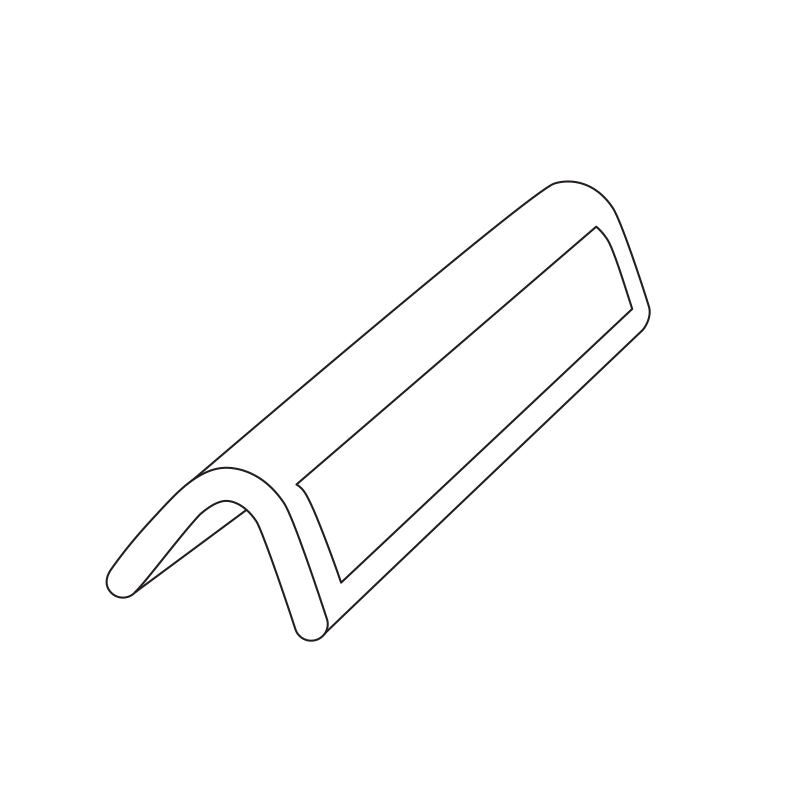
V-strip weatherstripping is commonly used in residential windows. It is made of durable vinyl or metal and is inserted into a groove or mounted on the sash or frame. V-strip creates a tight seal between the sash and frame, reducing air and water infiltration.
Pros:
- Effective in sealing air and water leaks
- Durable and long-lasting
- Can accommodate wider gaps and irregular surfaces
- Relatively easy to install and replace
Cons:
- Usually available only in black or white
- The metal variant may corrode over time if not properly maintained
Adhesive-backed foam tape weatherstripping
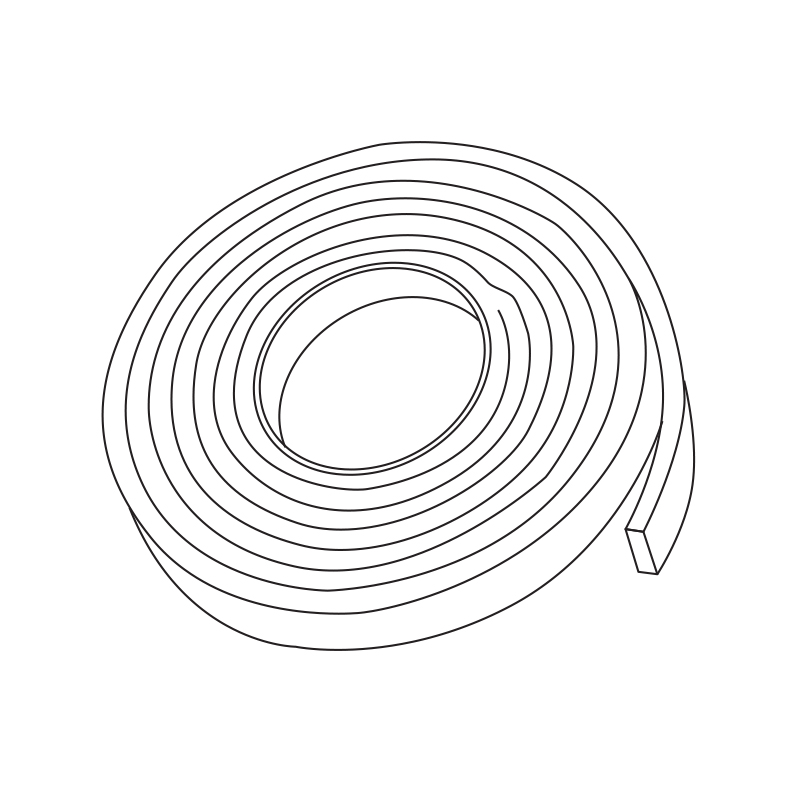
Adhesive-backed foam strip weatherstripping usually consists of a broader strip or roll of foam material with adhesive backing along one side or both sides. This type of weatherstripping is designed specifically for larger gaps or wider surfaces, such as window frames. The adhesive-backed foam strip weatherstripping provides a wider coverage area for improved sealing and insulation.
Pros:
- Easy and quick installation
- Cost-effective and readily available
- Provides good insulation for smaller gaps
- Can be trimmed to fit different window sizes
Cons:
- Not as durable as other weatherstripping materials
- May lose adhesion over time, especially in high-temperature environments
- Susceptible to damage from moisture or UV exposure
- May not be suitable for wider gaps or high-traffic areas
Brush-type weatherstripping
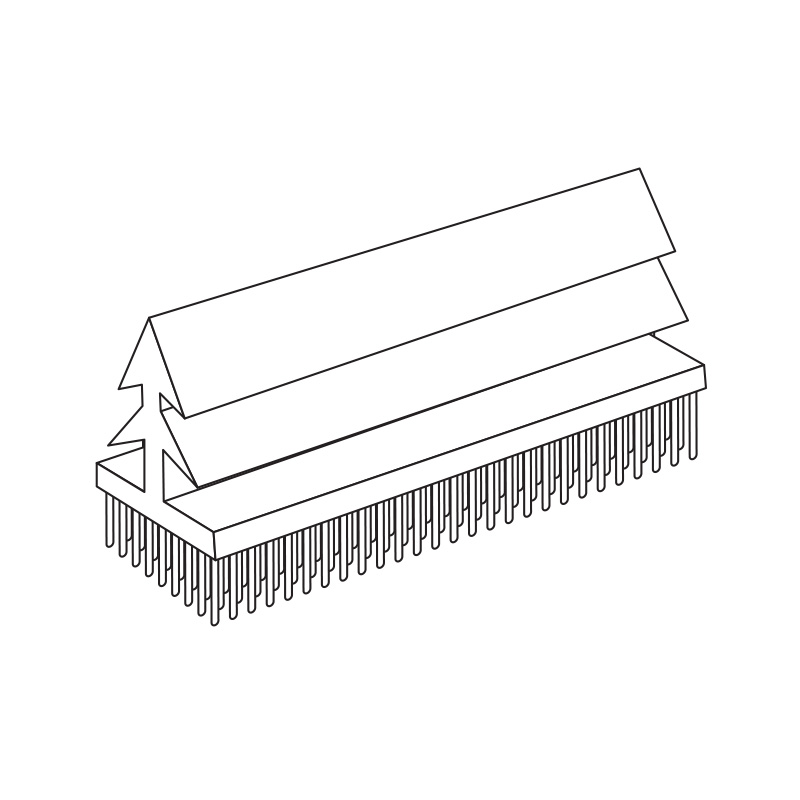
Brush-type weatherstripping, also known as bristle or brush weatherstripping, is a type of weatherproofing material used to seal gaps and provide insulation around windows and doors
Pros:
- Blocks drafts and prevents air infiltration at the bottom of the door
- Adds a barrier against dust, insects, and noise
- Improves energy efficiency by reducing heat loss and maintaining indoor temperature
- Durable and long-lasting, designed for regular use and foot traffic
- Easy to install, usually attached to the bottom of the door with screws or adhesive
- Available in various materials, styles, and sizes to match different door types and preferences
Cons:
- May need periodic adjustment or replacement due to wear and tear
- Installation may require modification or trimming of the door in some cases
- Limited effectiveness in sealing uneven or irregular surfaces
- Not suitable for doors with excessive clearance or uneven flooring
- May cause slight resistance when opening or closing the door
- Regular cleaning is necessary to prevent dirt or debris buildup
Interlocking metal weatherstripping
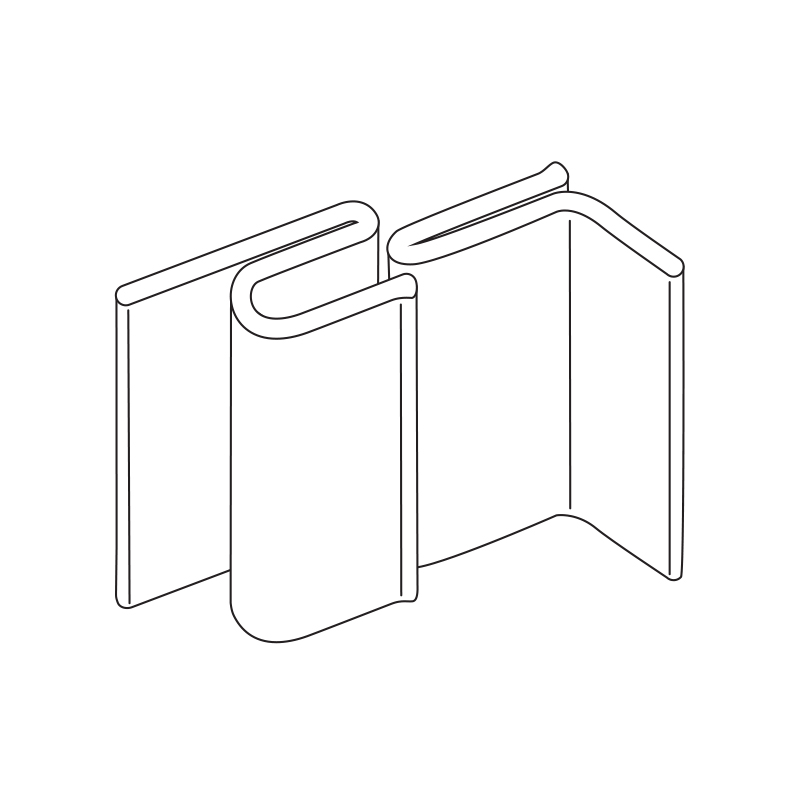
Designed to provide a durable and effective barrier against air, water, and noise infiltration. It consists of metal strips with interlocking profiles that fit together when the door or window is closed, creating a nice tight seal.
Pros:
- Offers excellent durability and weather resistance
- Provides a tight and secure seal against air and water infiltration
- Can accommodate wider gaps and irregular surfaces
- Long-lasting and low-maintenance
- Can provide an added layer of security by making it more difficult for intruders to manipulate or force open windows and doors.
Cons:
- Generally more expensive than other weatherstripping options
- Installation may require more effort and precision
- Regular maintenance is recommended to keep the metal weatherstripping in good condition
Fin seal weatherstripping
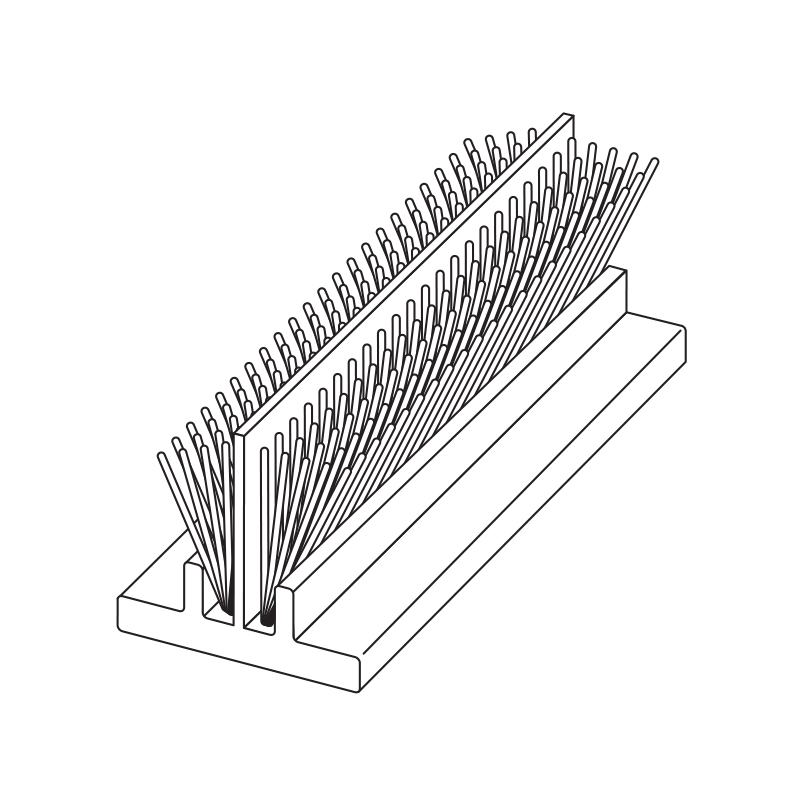
Fin seal weatherstripping for windows is a type of weatherstripping that utilizes flexible bristles or fins attached to the window frame or sash. It creates a barrier against drafts, dust, insects, and noise while allowing for smooth window operation.
Pros:
- Blocks drafts, dust, insects, and noise effectively
- Provides a flexible seal for irregular surfaces
- Allows for easy window operation
- Durable and long-lasting
- Compatible with various window types
- Relatively easy to install and replace
Cons:
- Requires periodic cleaning to prevent dirt or debris buildup in the bristles
- Less effective in extreme weather conditions compared to other types
- May need occasional adjustment if the bristles become misaligned
- Effectiveness can vary depending on the quality and design of the weatherstripping
Related stories
Need more information?
Contact us today for expert advice and guidance on choosing the right window products as well as corresponding weatherstripping materials for your new windows. Enhance your home's insulation, reduce energy costs, and enjoy a more comfortable living environment.
20 Best Value Tips
Free E-Book
E-BOOK GUIDE
INFOGRAPHIC
INFOGRAPHIC
Fogged Window Panes
Signs & Considerations
Builders vs Premium Grade
Full-Frame vs Pocket
You've Got Options
Basement Windows
The Art of Window Shopping
Top Considerations
Custom Window Shapes
Window Types
INFOGRAPHIC
Right For Your Home
Single-Glaze vs Multi-Glaze
INFOGRAPHIC
Window Interior
Window Exterior
Best Replacement Windows
Choosing a Material
Reducing Outside Noise
Window Grills
Operational Windows
The Colour Process
Weatherstripping
Window Jambs
Window Flashing
Window Spacers
Trim, Capping, Cladding...
Self-Cleaning Windows
Sash vs No Sash Windows
Bay and Bow Windows
Slider Configurations
Slider Pros & Cons
Awning Pros & Cons
Casement Pros & Cons
Hung Pros & Cons
Window Energy Efficiency
The basics
30 Common Myths
Do's and Don'ts
Winter Screen Protection
